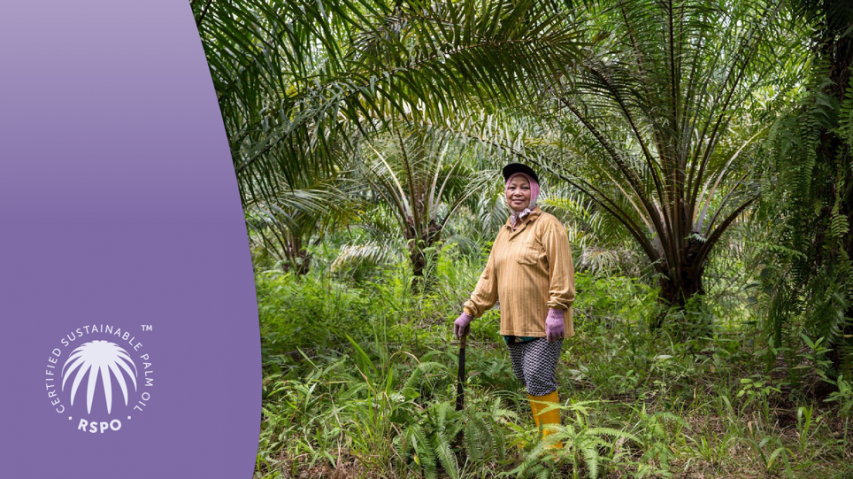Kuala Lumpur – The Roundtable on Sustainable Palm Oil (RSPO) has released its Practical Guidance on Gender Inclusion and Compliance to the 2018 RSPO Principles and Criteria (P&C) and the 2019 Independent Smallholder (ISH) Standard. Developed by the RSPO Human Rights Working Group (HRWG), in consultation with Fair & Sustainable Consulting, this Gender Guidance underscores the vital role that women play in the palm oil industry and the need to strengthen our commitment to women’s rights.
“Women make essential contributions to the palm oil sector; yet they also face unique risks – from unrecognised land ownership to unequal job opportunities to a lack of protection both physical and financial,” said Prasad Vijaya Segaran Human Rights and Social Standards Senior Executive, RSPO. “In an industry that has long been male dominated, there is an urgent need to address these risks by integrating more gender-equal views and practices into the operations of palm oil producing companies which will contribute both to the wellbeing and livelihood of men, women and the companies which they work for”.
The Gender Guidance serves as a practical guide to enhancing gender equality. It equips RSPO members with a manual that describes the building blocks of a gender-inclusive business, educational resources on gender-based constraints and recommendations for action. It presents case references from a wide range of stakeholders and practitioners, drawing on their collective years of experience in the sector and tackling gender-sensitive issues within the workforce.
“This Gender Guidance marks a positive step forward towards one of RSPO’s key goals of greater gender equality within the palm oil sector,” said Julia Majail, Director of Standards Development, RSPO. “This guide will assist RSPO members to work towards closing the gender gap by raising awareness of the difficulties that women face in the industry and suggesting strategies which can assist to expand women’s economic opportunities.”




















